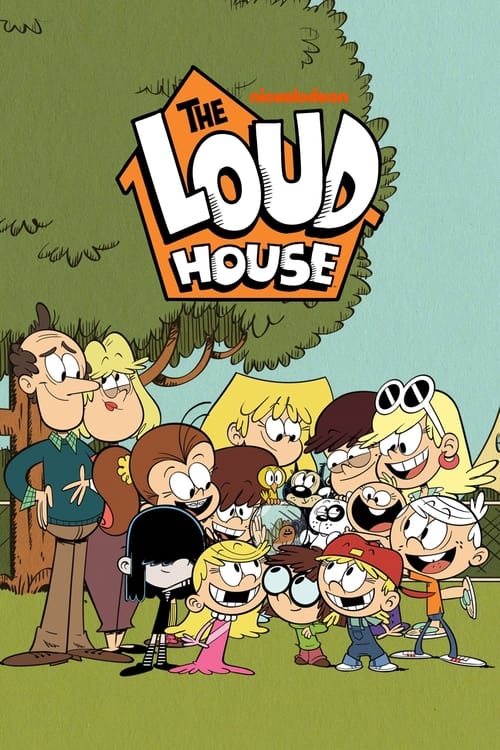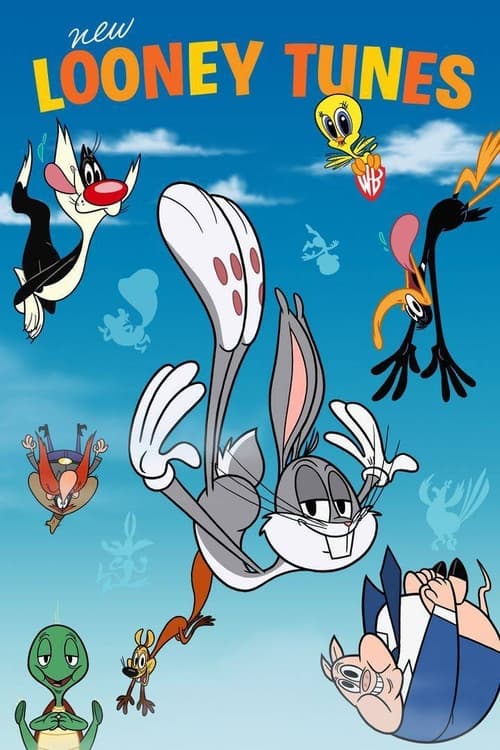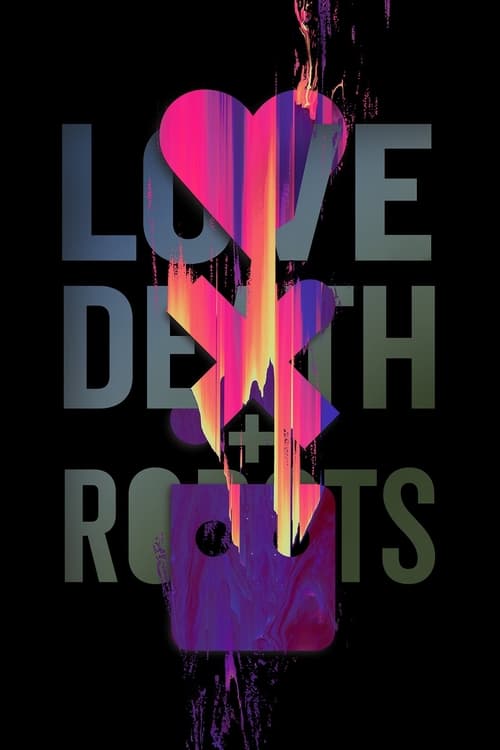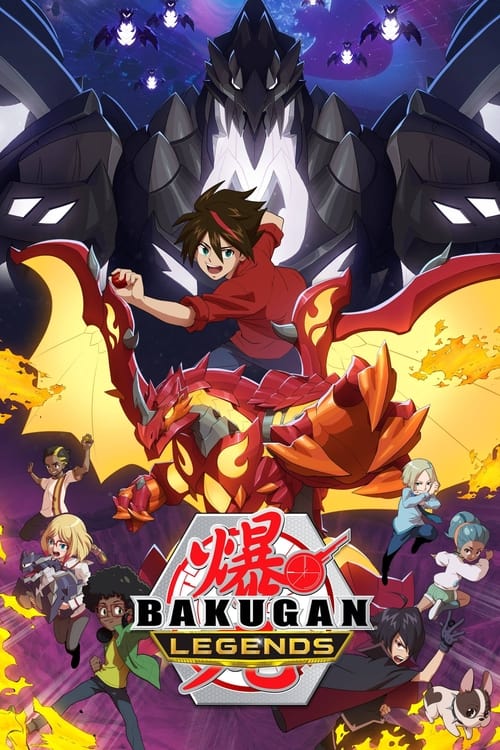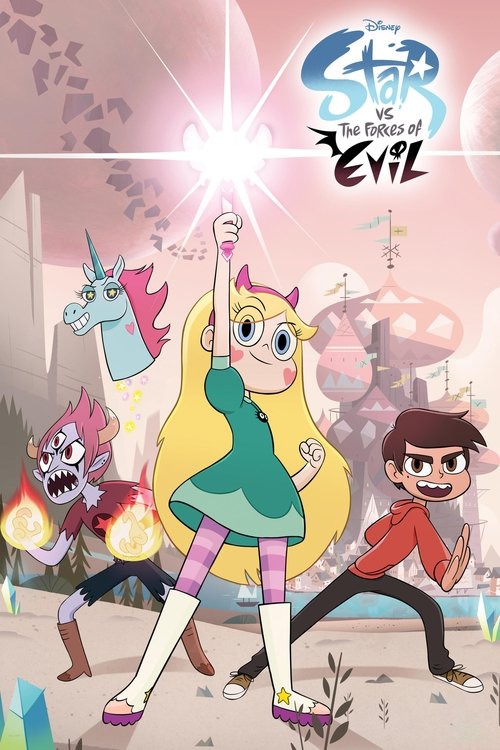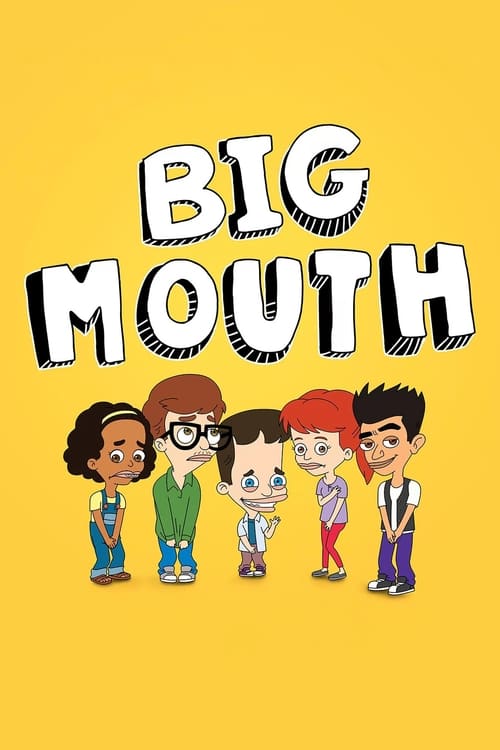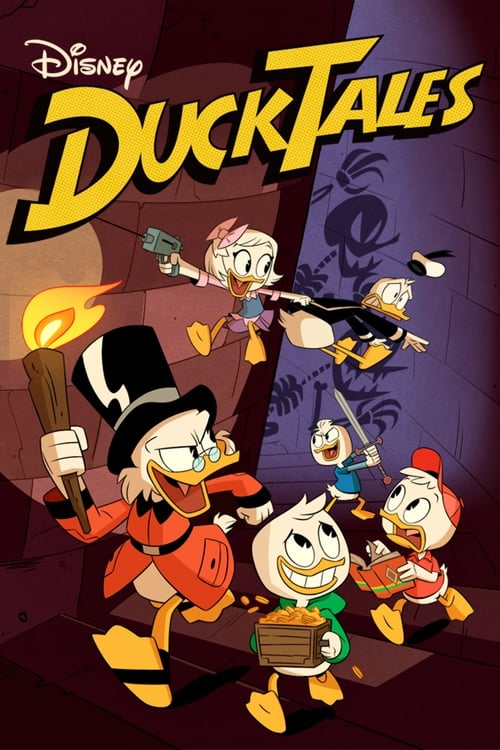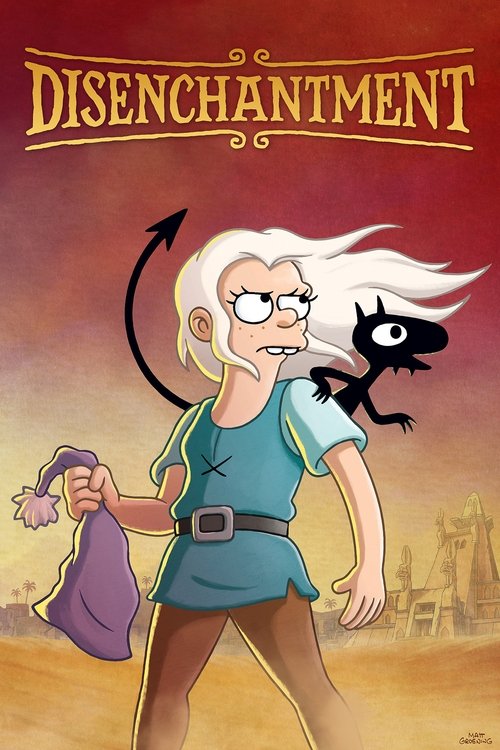
Ask Your Own Question
What is the plot?
The episode "Dance Mode" begins with Bluey and Bingo playing in the living room. They are excitedly dancing around, showcasing their moves and enjoying the music. Their father, Bandit, enters the scene and joins in on the fun, dancing along with them. The atmosphere is lively and filled with laughter as the family enjoys their time together.
As they dance, Bandit suddenly announces that he has a new game called "Dance Mode." He explains the rules: whenever someone says "Dance Mode," everyone must start dancing, regardless of what they are doing. The girls are thrilled by the idea and eagerly agree to play. Bandit sets the stage for a fun-filled day of spontaneous dancing.
The first round of "Dance Mode" begins when Bandit shouts the phrase, and everyone immediately breaks into dance. Bluey and Bingo showcase their unique styles, with Bluey doing a silly wiggle and Bingo spinning around joyfully. Bandit joins in with exaggerated moves, making the girls laugh even more. The energy in the room is infectious, and they all enjoy the freedom of dancing without any inhibitions.
As the game continues, Bandit decides to take it up a notch by introducing a challenge. He tells the girls that they must dance while doing other activities, like brushing their teeth or eating breakfast. The girls find this hilarious and accept the challenge. They start to brush their teeth while dancing, resulting in a chaotic but amusing scene. The playful spirit of the game keeps everyone engaged and entertained.
After breakfast, the family heads outside to continue their dance party. Bandit calls out "Dance Mode" again, and they all start dancing in the backyard. The sun is shining, and the atmosphere is filled with joy. The girls dance around the yard, and Bandit encourages them to be creative with their moves. They take turns showing off their best dance styles, and the laughter continues to flow.
However, the game takes a turn when Bandit decides to add a twist. He announces that he will be the judge and will choose the best dancer. This introduces a competitive element to the game, and the girls become more focused on impressing their dad. They start to strategize their moves, trying to outdo each other while still having fun.
As the competition heats up, Bluey and Bingo both want to win Bandit's approval. They begin to feel the pressure of the game, and their playful spirit starts to wane. Bandit notices this change in their demeanor and realizes that the fun of the game is being overshadowed by the competition. He decides to intervene and remind them that the goal is to have fun, not just to win.
In a heartfelt moment, Bandit encourages the girls to dance together instead of competing against each other. He suggests they create a dance routine as a team. This idea reignites their excitement, and they quickly come together to brainstorm moves. They giggle and collaborate, showcasing their creativity and teamwork.
The episode culminates in a grand finale where Bluey and Bingo perform their newly created dance routine for Bandit. They incorporate all the silly moves they've come up with, and Bandit cheers them on enthusiastically. The performance is filled with laughter and joy, and it becomes clear that the true essence of the game is about enjoying each other's company rather than winning.
As the episode wraps up, the family shares a warm moment, reflecting on the fun they had together. The dance party concludes with everyone feeling happy and connected, reinforcing the bond between them. The screen fades out with the family still dancing, embodying the carefree spirit of the day.
What is the ending?
In the ending of "Dance Mode," Bluey and Bingo, after a series of fun and silly dance battles, finally convince their dad, Bandit, to join in the dance. Bandit, initially reluctant, gives in and starts dancing with them. The episode concludes with the family joyfully dancing together, celebrating their playful bond.
As the episode nears its conclusion, the scene opens with Bluey and Bingo, filled with excitement, as they prepare for a dance-off. They have been engaging in a playful game where they can only dance when someone says "dance mode." The atmosphere is lively, with colorful decorations and upbeat music setting the stage for their fun.
Bluey and Bingo take turns showcasing their dance moves, each trying to outdo the other with increasingly silly and exaggerated performances. Their laughter fills the room, and the joy of the moment is palpable. The girls are clearly having a blast, their faces lit up with delight as they spin and twirl, embodying the carefree spirit of childhood.
As the dance-off continues, Bandit, their dad, watches from the sidelines, initially hesitant to join in. He observes the girls, who are completely immersed in their game, and he can't help but smile at their enthusiasm. However, he remains seated, caught between wanting to join the fun and feeling a bit self-conscious about dancing.
Eventually, Bluey and Bingo, noticing their dad's reluctance, decide to coax him into the game. They chant "dance mode" and encourage him to join them. Bandit, feeling the infectious energy of his daughters, finally gives in. He stands up, a playful grin spreading across his face, and declares that he is now in "dance mode."
The moment Bandit starts dancing is filled with humor and warmth. He lets loose, showcasing his own silly dance moves, which are met with cheers and laughter from Bluey and Bingo. The family's dynamic shines through as they all join together, dancing in a circle, their movements becoming more exaggerated and playful. The scene is filled with joy, showcasing the bond between the family members as they share this lighthearted moment.
As the episode wraps up, the camera captures the family dancing together, their laughter echoing in the background. The screen fades out with the image of the three of them, united in their playful spirit, embodying the essence of family fun and togetherness. The episode concludes on a high note, leaving viewers with a sense of joy and the importance of embracing playfulness, no matter the age.
Is there a post-credit scene?
In the episode "Dance Mode" from Season 2 of Bluey, there is no post-credit scene. The episode concludes without any additional content after the credits roll. The focus remains on the main storyline, which revolves around Bluey and Bingo engaging in a fun game of dance, showcasing their creativity and the joy of play. The episode wraps up with a heartwarming resolution, emphasizing the bond between the sisters and their imaginative play.
What triggers Bluey to enter Dance Mode?
Bluey enters Dance Mode when her dad, Bandit, playfully suggests that they should dance. This playful interaction ignites Bluey's excitement and leads her to express herself through dance.
How does Bingo react to Bluey's Dance Mode?
Bingo initially feels a bit left out when Bluey enters Dance Mode, as she is unsure about how to join in. However, she soon finds her own way to participate and enjoy the fun, showcasing her supportive nature.
What role does Bandit play during Bluey's Dance Mode?
Bandit takes on an enthusiastic role as he encourages Bluey to dance freely. He joins in the fun, demonstrating his playful side and willingness to engage with his daughters, which helps to create a joyful atmosphere.
How does the family react to the different dance styles in Dance Mode?
The family reacts with laughter and encouragement as each member showcases their unique dance styles. This variety adds to the fun and highlights the individuality of each character, fostering a sense of togetherness.
What is the significance of the 'Dance Mode' concept in the episode?
The 'Dance Mode' concept serves as a catalyst for creativity and self-expression among the characters. It allows Bluey and her family to explore their emotions through movement, reinforcing the importance of play and imagination in their relationships.
Is this family friendly?
The episode "Dance Mode" from Bluey, season 2, is generally considered family-friendly and suitable for children. It features themes of play, creativity, and family bonding. However, there are a few moments that might be slightly intense for very sensitive viewers:
-
Frustration and Disappointment: Characters experience moments of frustration when their plans don't go as expected, which could resonate with children who may feel similarly in their own play.
-
Silly Dance Moves: The exaggerated dance moves and antics might be overwhelming for some children, especially if they are sensitive to loud or chaotic scenes.
-
Emotional Reactions: There are moments of emotional expression, such as feeling embarrassed or silly, which could evoke feelings of empathy or discomfort in some viewers.
Overall, the episode promotes positive messages about self-expression and family support, making it a wholesome viewing experience.




